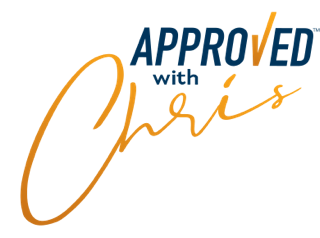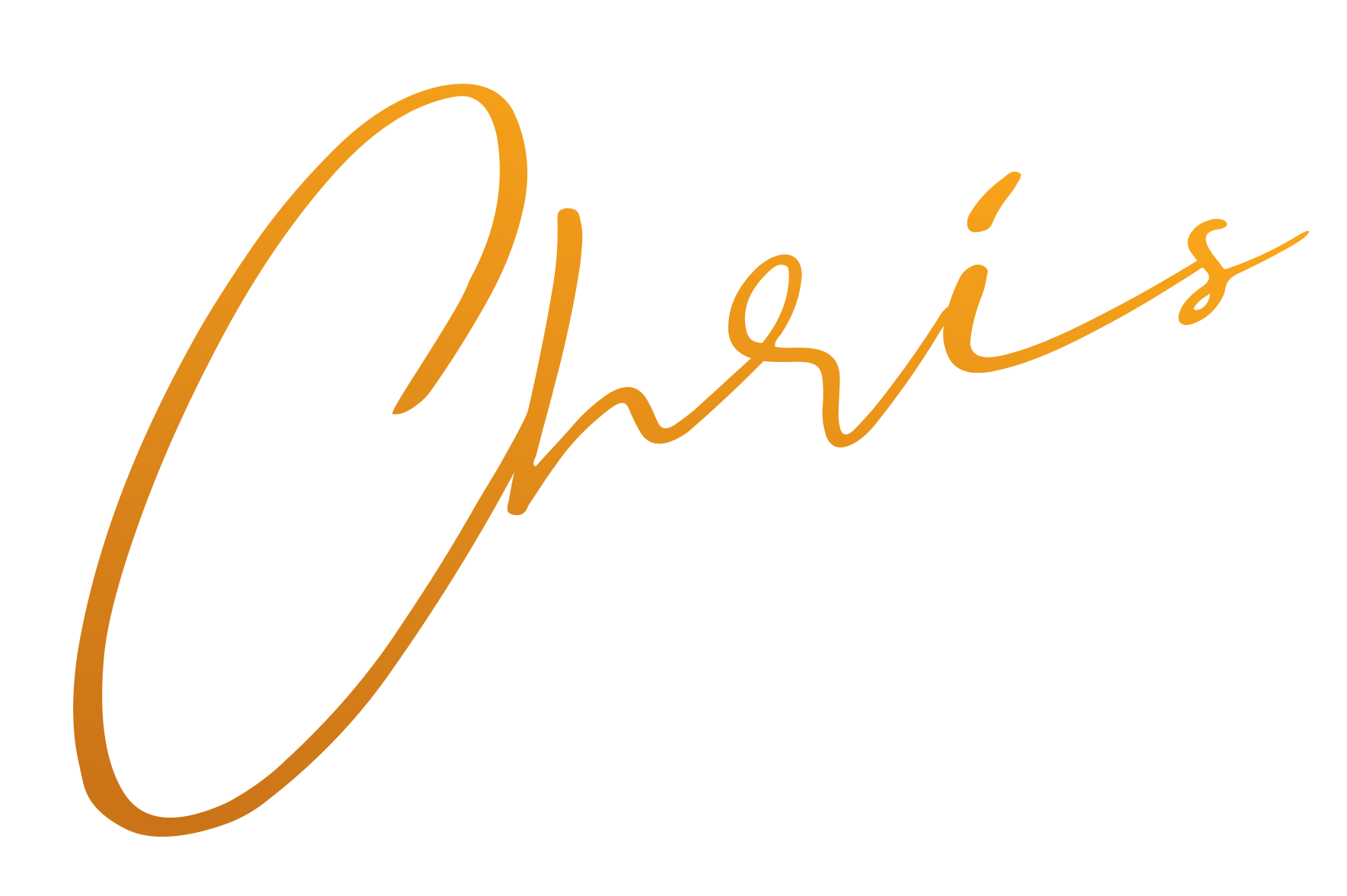Protect Your Credit Through a Divorce
Divorces are challenging as there’s a lot to think about in a short amount of time, usually under pressure. And while handling finances is often at the forefront of the discussions related to the separation of assets, unfortunately, managing and maintaining personal credit can be swept aside to deal with later.
So, if you happen to be going through or preparing for a divorce or separation, here are a few considerations that will help keep your credit and finances on track. The goal is to avoid significant setbacks as you look to rebuild your life.
Manage Your Joint Debt
If you have joint debt, you are both 100% responsible for that debt, which means that even if your ex-spouse has the legal responsibility to pay the debt, if your name is on the debt, you can be held responsible for the payments. Any financial obligation with your name on the account that falls into arrears will negatively impact your credit score, regardless of who is legally responsible for making the payments. A divorce settlement doesn’t mean anything to the lender.
The last thing you want is for your ex-spouse’s poor financial management to negatively impact your credit score for the next six to seven years. Go through all your joint credit accounts, and if possible, cancel them and have the remaining balance transferred into a loan or credit card in the name of whoever will be responsible for the remaining debt.
If possible, you should eliminate all joint debts. Now, it’s a good idea to check your credit report about three to six months after making the changes to ensure everything all joint debts have been closed and everything is reporting as it should be. It’s not uncommon for there to be errors on credit reports.
Manage Your Bank Accounts
Just as you should separate all your joint credit accounts, it’s a good idea to open a checking account in your name and start making all deposits there as soon as possible. You’ll want to set up the automatic withdrawals for the expenses and utilities you’ll be responsible for going forward in your own account.
At the same time, you’ll want to close any joint bank accounts you have with your ex-spouse and gain exclusive access to any assets you have. It’s unfortunate, but even in the most amicable situations, money (or lack thereof) can cause people to make bad decisions; you want to protect yourself by protecting your assets.
While opening new accounts, chances are your ex-spouse knows your passwords to online banking and might even know the pin to your bank card. Take this time to change all your passwords to something completely new, don’t just default to what you’ve used in the past. Better safe than sorry.
Setup New Credit in Your Name
There might be a chance that you’ve never had credit in your name alone or that you were a secondary signer on your ex-spouse’s credit card. If this is the case, it would be prudent to set up a small credit card in your name. Don’t worry about the limit; the goal is to get something in your name alone. Down the road, you can change things and work towards establishing a solid credit profile.
If you have any questions about managing your credit through a divorce, please don’t hesitate to connect anytime. It would be a pleasure to work with you.







